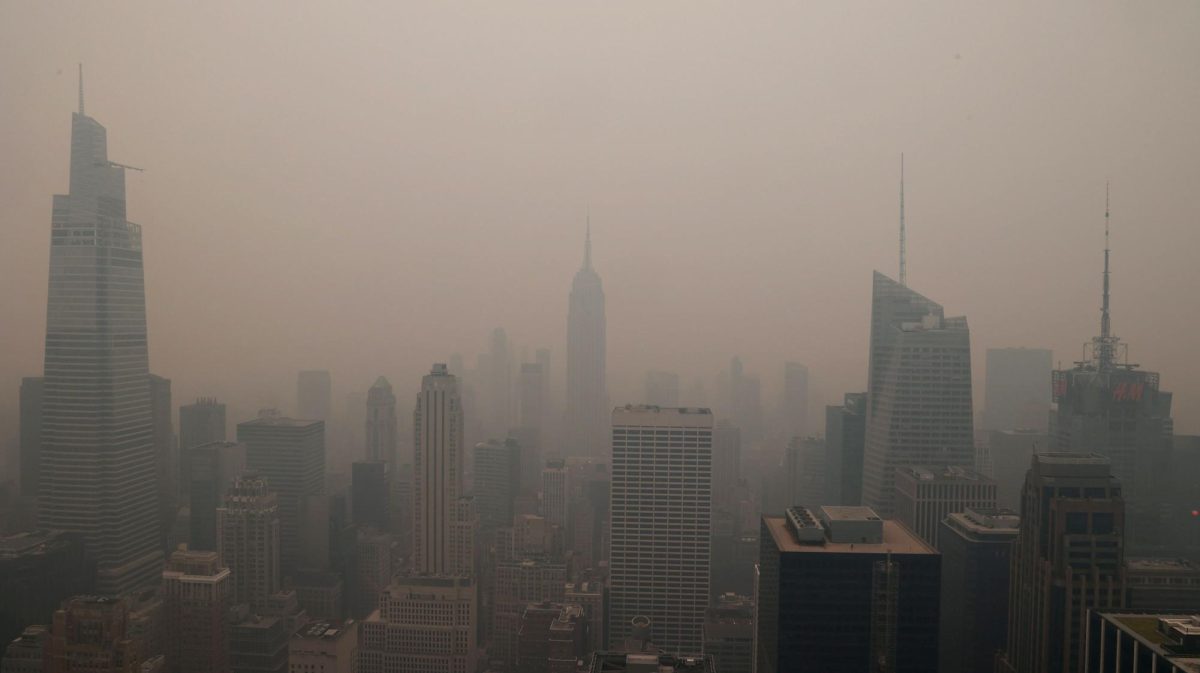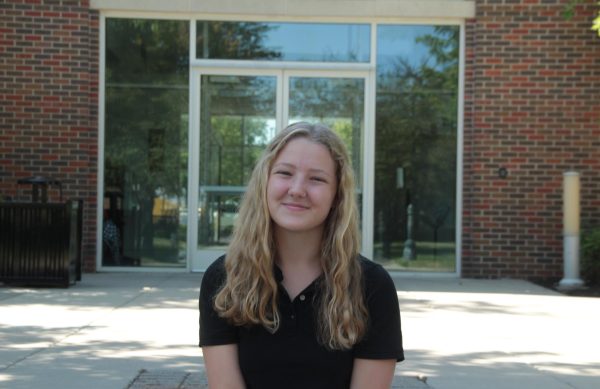This story contains information from the following websites: PBS; The Guardian; Truthout; The New York Times; Fox News; NBC News; CNN; CBS News; AP News; Alaska’s News Source; The Washington Post; Courthouse News Service; C2ES; and CNBC.
Unprecedented wildfires, catastrophic earthquakes, extreme flooding, unforgiving droughts, intense heat, destructive tropical storms. Over the summer, the world was inundated with headlines of extreme climate events, all spelling out one message: the effects of the climate crisis are here. For the people of Lahaina, that meant devastating wildfires which ravaged the west Maui community on August 8th, leaving at least 97 people dead and entire neighborhoods burnt to the ground. A drought that had swept Hawaii, as well as Hurricane Dora in the Pacific, created dry and windy conditions that aided the blaze on its path of destruction.
“Climate chaos wreaking havoc on ecosystems everywhere is the new norm,” said Senator Jeff Merkley to Fox News, of the Hawaiian fires.
Senator Dick Durbin commented on the event to Fox as well, saying that the fires were a “devastating view of our planet as we fail to adequately address the climate crisis.”
In Morocco, the climate crisis took the form of a 6.8 magnitude earthquake that shook Marrakech in early September, killing at least 2,901 people and injuring at least 5,530 more. Buildings crumbled, trapping many of their inhabitants underneath the rubble and leading to wide scale search efforts for survivors. An estimated 300,000 Moroccan citizens were affected by the tragedy, losing homes and family members.
That same week, Libyans mourned the loss of loved ones after heavy rains from Storm Daniel caused two dams to be breached, unleashing flooding that left over 5,000 people dead and another 10,000 missing. The floodwaters raced through the Wadi Derna valley, washing residents out to sea. Although officials had released warnings about the approaching storm, the country did not anticipate the breakage of the dams, and were not prepared for its devastating effects.
The beginning of August brought extensive flooding in Alaska, as the Mendenhall Glacier, which acts as a dam for the Mendenhall River, burst, sending floodwaters rushing down into Juneau. Suicide Basin, a side basin of Mendenhall Glacier, is fed by melt from Suicide Glacier, which then rushes out from under Mendenhall.
This year, however, the water fled the basin at an unprecedented rate, causing the banks of the river to swell. In the past, Suicide Basin was covered by its glacier, contributing ice to the Mendenhall Glacier. Human-caused temperature change is contributing to the melting of glaciers at extreme rates, and the lack of ice from Suicide Glacier contributed to the scale of the flooding.
This past year, wildfires in Canada have raged, adding 410 megatons of carbon to the atmosphere, the highest amount of carbon emissions from a wildfire season on record, and burning over 42 million acres of land, the equivalent of the size of Greece. Thousands of Canadians were forced to evacuate, and dangerous air quality swept Canada and the United States. Climate change contributes to the dry conditions and drying of organic matter that allow wildfires to spread.
According to the Center for Climate and Energy Solutions, “Wildfire risk depends on a number of factors, including temperature, soil moisture, and the presence of trees, shrubs, and other potential fuel. All these factors have strong direct or indirect ties to climate variability and climate change.”
Globally, record-setting heat shocked the world this past summer as areas like Phoenix set extreme records, such as 31 consecutive days at temperature above 110 degrees. The extreme temperatures impacted the oceans as well, heating the waters off the coast of Florida to hot-tub temperatures and triggering coral bleaching. Although the annual climate pattern of El Nino contributed to the rise of temperatures worldwide, the extreme heat was a result of the pattern of global climate change, and not a break from the temperature changes the world has been seeing.
“July was the hottest month in human history and people around the world are suffering the consequences,” Professor Piers Forster, of the University of Leeds, said, according to the Guardian, “But this is what we expected at [this level] of warming. This will become the average summer in 10 years’ time unless the world cooperates and puts climate action top of the agenda.”
Extreme climate events across the globe are spiking, and climate scientists suggest that they will only continue to increase as climate change progresses. The climate crisis is projected to increase the frequency and intensity of climate disasters; the number of disaster declarations from 2000 to the present is nearly twice that of the previous 20 year period. Just this year, the United States experienced 23 disasters, causing more than 57 billion dollars in damage and killing at least 253 people.
“I don’t think anybody can deny the impact of the climate crisis any more,” President Joe Biden said. “Folks, do we really want to pretend these things are normal?”






